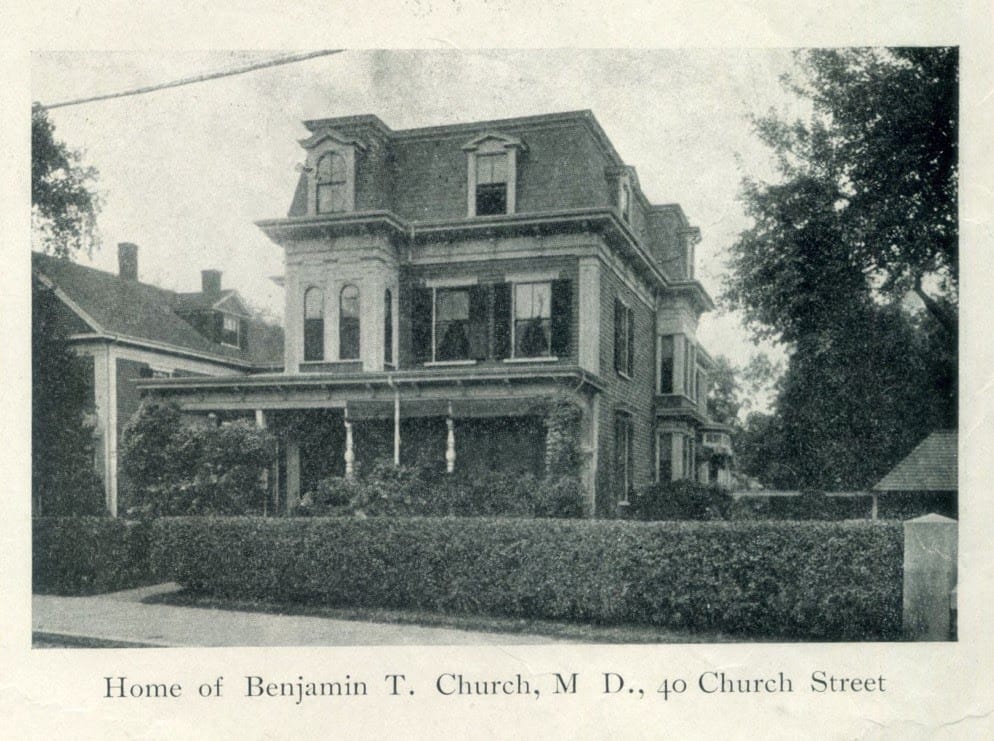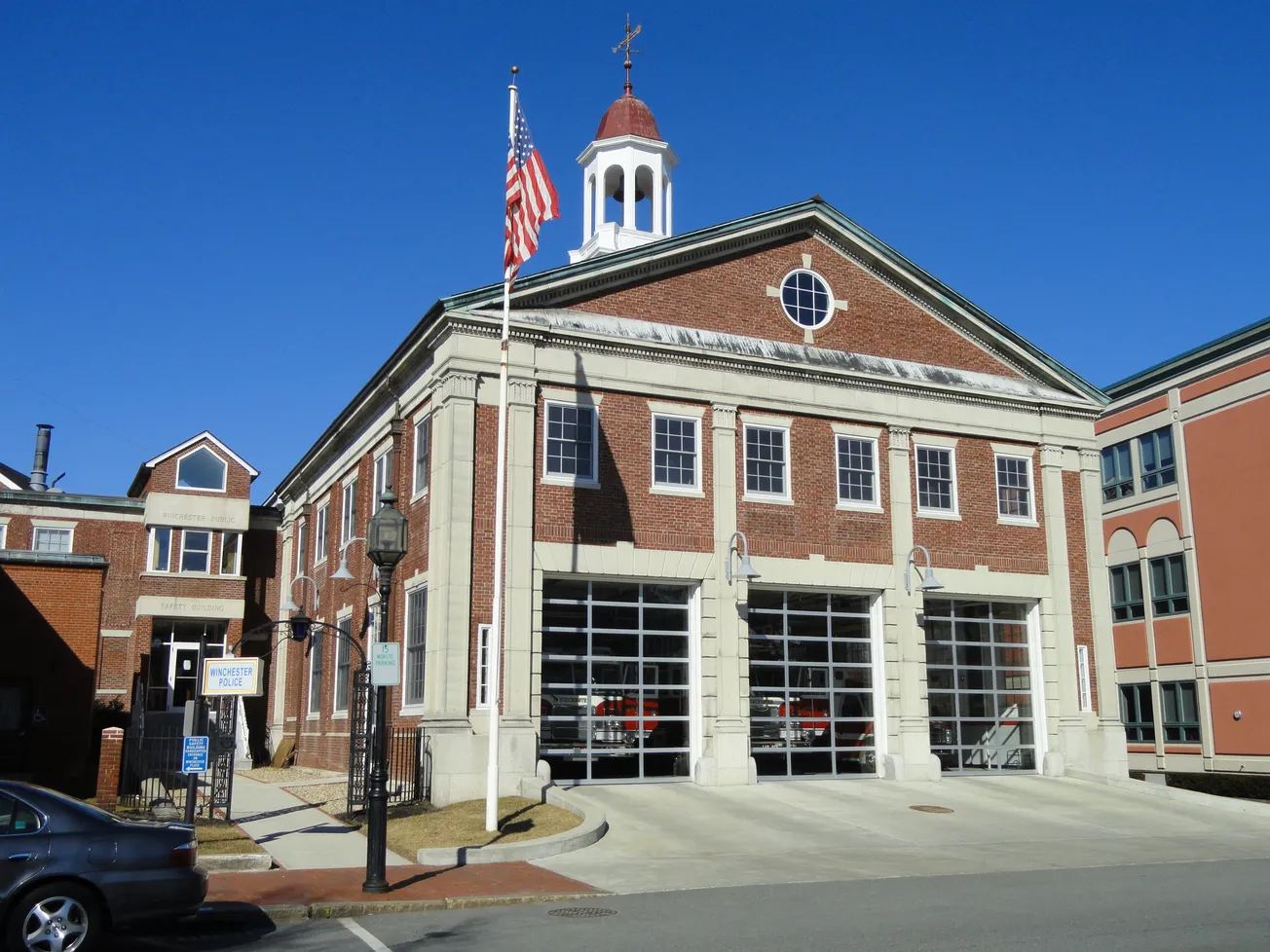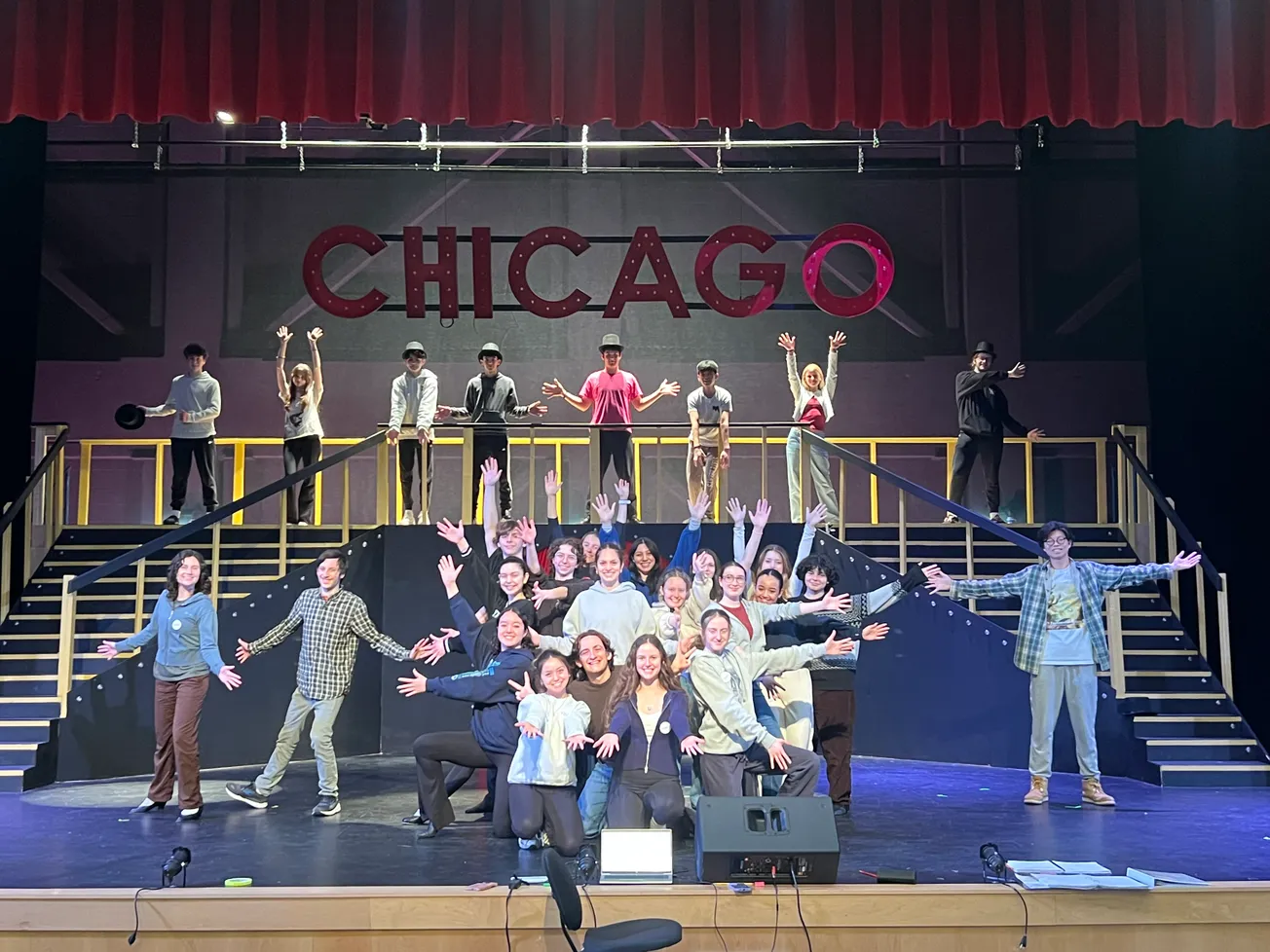Table of Contents
By Jack LeMenager, Winchester Historical Commission Chair, Nov. 25, 2023

What attracted us to Winchester in the first place? Many residents would cite its excellent schools as well as its proximity to Boston. The town’s historic built environment would also rank high on that short list. It is the job of the Winchester Historical Commission to try to preserve and protect that historical character—the town’s stately older homes and neighborhoods, and its uniquely charming downtown.
The commission achieves that primarily through the so-called demolition delay bylaw (Chapter 14), which enables it to delay the issuance of demolition permits for up to 12 months.
In fact, demolitions are the chief threat to Winchester’s historic built environment. Most demolition permit applications are filed by developers, many of them from out of town who view Winchester as a lucrative pocket of Boston suburbia in which to build large, profitable new houses. But, because the town has so little open land, those new houses usually mean the loss of smaller, older, often historically significant homes.
Depending on the state of the economy, the Historical Commission will receive between 15 and 40 demolition permit applications each year. But only those properties that are protected by the bylaw (as defined in Section 2.7) are eligible for public hearings. The commission typically holds between six and 12 hearings per year.
The latest bylaw update, overwhelmingly approved by Fall 2016 Town Meeting, specifies eligible properties as those built before 1941 and those that are listed on the National Register of Historic Places and/or the state registry.
Abutters are notified of the hearing and invited to attend, and the commission welcomes their input. After hearing the applicant’s presentation, discussing it, and listening to comments and questions from the public, the commission debates the matter. It then votes on whether to find the property historically significant under the definition in the bylaw (Section 3.5). If it does, it proceeds to vote on whether to grant the demolition permit or impose a delay in the issuance of the permit of up to 12 months.
While the primary goal of the seven-member commission is to save older properties, that is not always possible when a determined builder is willing and financially able to wait out the 12-month delay. At the expiration of the delay, the owner is free to do as they wish, often resulting in demolition.
The commission has a seen a variety of outcomes arising from imposed delays. There are demolitions, of course, but some property owners are unwilling to wait out the delay, so they put the property on the market. Others negotiate with the commission for a mutually satisfactory outcome, which can mean saving the house through a renovation and/or addition, or a new house design that is appropriate in size, scale, and style for the immediate area. Upon agreement on a solution, the delay is lifted before the 12 months expire.
In addition to this primary task, the Historical Commission advises other town boards and commissions, which includes reviewing all Board of Appeals petitions. It also provides counsel to homeowners desiring to learn more about their historic homes and neighborhoods, and sometimes offering suggestions for renovating them to preserve their historic character.
The commission has populated its webpage with a wealth of public information about the historic neighborhoods of Winchester, as well as guides to help homeowners date their house and better understand its history.
In addition to serving on the Historical Commission, Jack LeMenager is a Precinct 6 Town Meeting member








